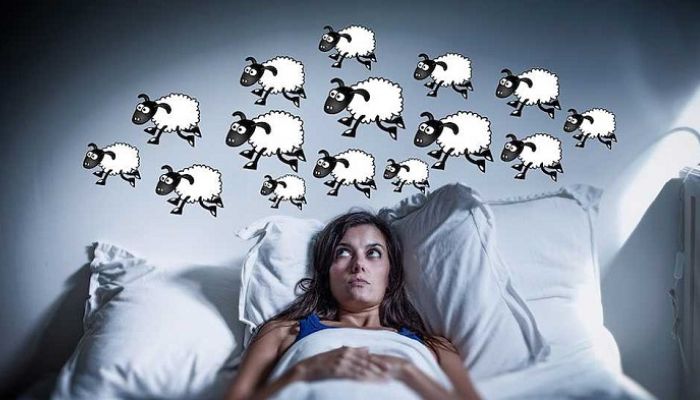
It can be difficult to get enough sleep every night. Between finding time for work, family, responsibilities, exercise, planning and preparing healthy meals, sleep is the key element you could be neglecting. But experts advise that if you want to be healthy and lose weight, make healthy sleep habits a priority.
Sleep and weight loss
When you are trying to lose weight, there are things you probably already know you should do like reducing your sugar and junk food intake, eating fruits, vegetables, lean protein and complex carbohydrates. You’re probably also aware that incorporating exercise and moving more throughout the day will contribute to overall good health and weight loss.
However, what you may not realize is that getting enough sleep plays a critical role in losing weight. There’s a direct correlation between the amount of sleep you get and how well your metabolism performs. People who are deprived of sleep tend to weigh more and have more trouble shedding pounds than those who get adequate sleep, even when they follow the same meal plan.
Lack of sleep and hormone levels
When you don’t get enough sleep, your body produces more ghrelin and leptin, the hunger-causing hormones that make you more likely to overeat and feel less satisfied afterward.
Individuals who consistently get less than seven hours of sleep begin to show higher glucose and insulin levels; the hormones that cause your fat cells to lose their ability to properly metabolize insulin. As your body becomes more resistant to insulin, it produces more and more of it to keep functioning properly. This leads to fat cell buildup and could eventually lead to obesity and diseases such as diabetes.
Another problem brought on by sleep deprivation is the increase in Cortisol levels. Cortisol is known as the stress hormone responsible for triggering the reward center in your brain. When you’re functioning with higher than normal Cortisol levels, you’re more likely to crave certain foods; often sweet, salty or fatty foods. The combination of more cortisol and more ghrelin will cause you to need more food to feel full and satisfied.
Your Sleepy Brain
Sleeping rejuvenates your mind and your decision-making processes. Fatigue reduces your judgment and mental clarity; making you more likely to make poor food choices. Starving your brain of sleep dulls frontal lobe activity; the area responsible for decision-making and impulse control.
Muscle, tissue and organ repair
Not getting enough rest can severely affect your overall physical health. Your muscles, tissues and organs all need to restore themselves to prevent decease and perform optimally. You’ve guessed it. Your body does this best while you’re asleep. Plus, if it’s weight loss you’re after, the hormones which help burn fat, are produced mainly while you sleep, so it’s essential to give your body the hours of rest it requires to repair and build muscle mass, increase strength and lose excess weight.
If you’re exhausted, you’re more likely to skip your workout, but even if you do make it out, you may feel sluggish and not push yourself to your full potential.
While you were binge-watching your favorite series instead of sleeping, your body cooked up a perfect cocktail for weight gain.
It’s not a problem if this happens a few times a year, but the problem is that more than one third of North Americans are getting insufficient sleep on a regular basis. Yet experts agree that getting enough rest is as important to your overall well-being as controlling food intake and exercise.
